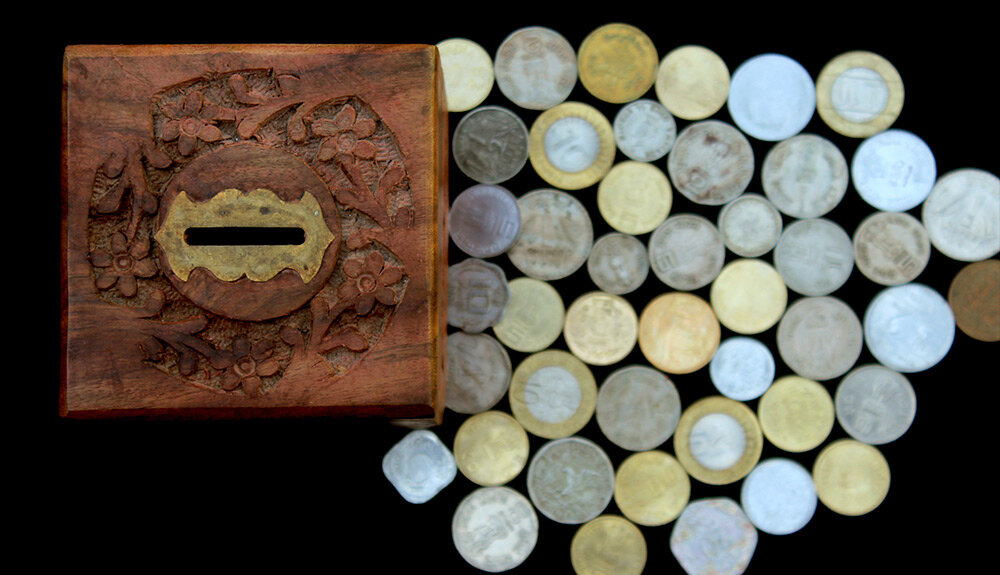Try this out, take ₹200 at the end of every day and put it in an envelope marked ‘Savings – Don’t Take Out’. Do this for an entire month. You will have at least ₹6,000. If you do this for one year, your envelope will have ₹73,000. You can buy an iPhone or a luxurious woven carpet or apparel for the entire family or feed several families for days with that kind of money. All you had to do was keep aside ₹200 every day.
This is the power of regular saving. If you save regularly, big or small amounts, it’s a given that you will have a pool of accumulated money at the end of a defined period.
Here is the catch though; savings help you accumulate money but over time without investing that money, it will lose value. Every year the price you pay for things like food articles, fuel and transportation, housing, clothes and so on, keeps increasing. This is not a fluke; it is thanks to something called inflation. It means that your Rs 73,000 worth of savings will not be able to buy as much of the essential items now as it could a year ago.
Inflation
Inflation refers to general price rise in the economy which in turn reduces the value of your money. There is no running away from inflation. However, neither does it make sense to accept a fall in the value of your money every year.
Investing helps you arrest this fall in value of your money and it goes a step further; with the right investments you can even grow the value of your money over time.
Here is what you need to know in order to invest well over time.
-
Seek a minimum return that is at least more than the annual inflation in the economy. If the general inflation or price rise in the economy is 4% a year, your investment should at least earn you more than that after tax is deducted.
Current savings bank account interest rate of 2.75% a year doesn’t even cover the cost of inflation. One-year fixed deposit rates at 4.5%-5% a year will also not help your money grow after you account for taxation. -
Sometimes when you are seeking extreme safety of capital, you may have to settle for below inflation returns, but make sure you are not invested in such categories for too long.
-
In order to get inflation plus returns, which is what you need to grow your money, you have to invest in assets like equity and real estate. However, be sure to remain invested for the long term which is nothing less than 7-10 years.
-
Investing can become a task if you approach it in an adhoc manner than focusing on regular inputs. Regular investing will make the task easy and help you put aside small amounts to make a large pile.
-
You should never have all your savings in only one type of investment, find a balance between investments that seek safety of capital and those that seek long term growth.
-
Before you commit to an investment, check its cost, expected return, inherent risk and tax status. All investments have these aspects attached, no return is risk free and guaranteed.
If you haven’t thought deeply yet about converting your savings into fruitful investments, it’s not too late. Focus on doing regular investments so that the effort you make in saving money can produce the result of growing your wealth.
Get in touch with a financial advisor who can then guide you towards the right balance in investment choices so that you can achieve the outcome of growing the value of your money without taking unreasonable and unsuitable risk.
Start today and reap the benefits for the next many decades!







0 Comments